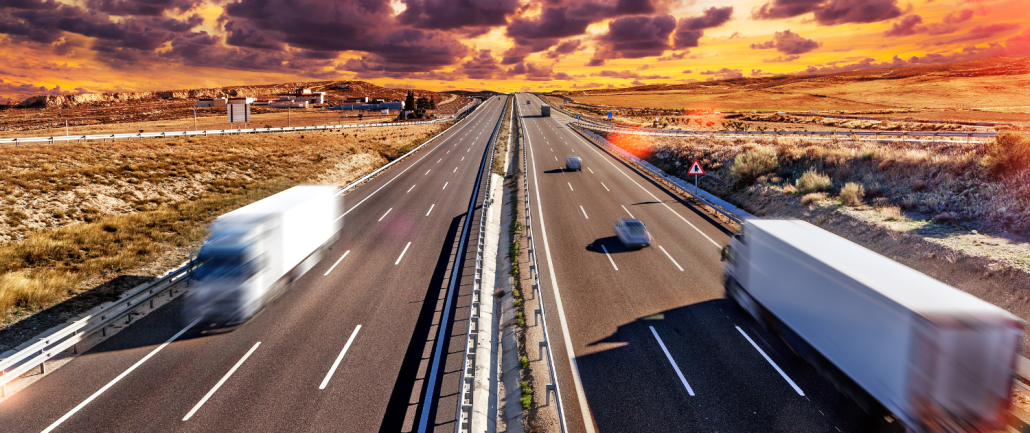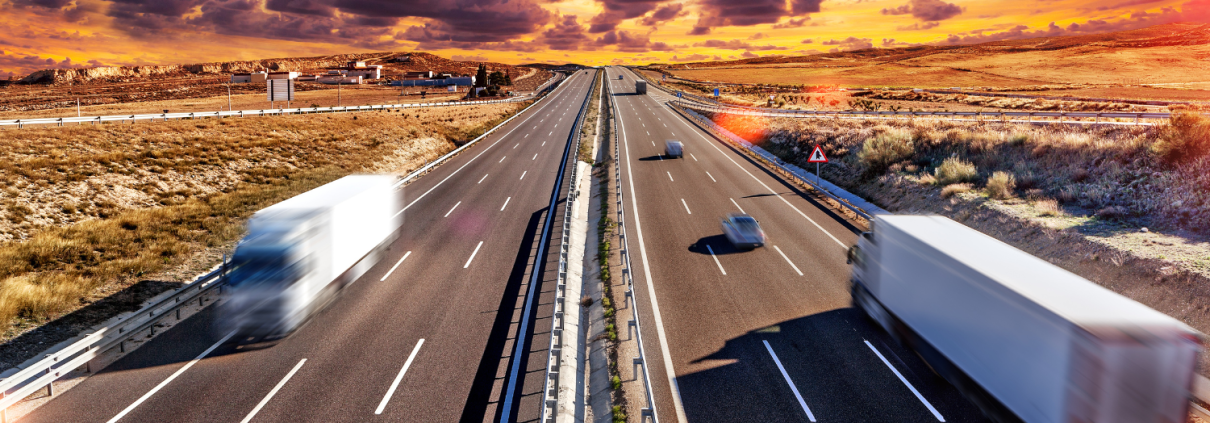
Every sector of the transportation industry comes with its own unique advantages and drawbacks.
Commercial food and beverage delivery is always in high demand, moves at a fast pace, and can be lucrative for drivers and employers alike. However, there are also some important considerations every company has to make regarding daily challenges and supply chain logistics.
Keep reading to find out some of the biggest challenges faced by commercial food and beverage delivery companies in today’s market, and what solutions could help your business stay ahead of the curve in a competitive and evolving industry.
Regulatory Compliance
Not many freight types are as heavily regulated as food and beverage. The first challenge often faced in food logistics is complying with the regulations that are set in place by the food industry to guarantee food safety.
Guidelines such as the Food Safety and Modernization Act (FSMA) include regulations that impact food safety across the entire supply chain, including transportation. The FSMA especially emphasizes preventive measures, risk assessment, and traceability.
Complying with this act requires businesses to track food items from farm to table. Consumers must be able to know where the food originates from, how it was handled, and where its final destination will be.
Regulatory compliance can seem challenging, but these standards are also designed to save businesses time and money. By following regulations regarding food safety, including proper handling, storage, and transportation temperatures, businesses can avoid costly accidents such as food spoilage and waste.
However, it is important to note that regulations can vary by state and locality, so companies must stay updated on potential changes or new requirements.
Traceability & Visibility
Complying with food safety regulations can also help businesses maintain traceability and visibility, factors that are becoming increasingly important in consumer decision processes.
When it comes to food and beverage purchases, customers are paying more attention to product origin countries, ecolabels and green stickers, and other marks that guarantee authenticity.
In fact, a 2020 consumer study found that seven in ten consumers said traceability was important to them, and they would be willing to pay a higher price for it. This means that being able to track the location and condition of products is an essential factor in remaining competitive in the industry.
Traceability also ensures food safety, mitigating risks in transport while decreasing the chances of food spoilage and waste. By having a detailed record of the product journey, companies can quickly identify and address any issues that arise, such as contamination or temperature deviations.
Investing in technologies that enhance traceability, such as blockchain and IoT sensors, can provide real-time data on the status of shipments, helping companies ensure that products are handled correctly and arrive in optimal condition.
Time Sensitivity & Quality Control
One of the most challenging factors of delivering food and beverage items is that they are sensitive to spoiling. This requires a strict adherence to timely deliveries, safety regulations, and preventative measures. Although perished food or beverage items result in waste and money losses, the situation can become much worse if spoiled goods reach the consumer.
Because of this, product quality and progress must be monitored at every stage of transit. Beyond state and national level regulations, businesses must have their own standards in place to guarantee quality goods from farm to fork.
This involves implementing rigorous quality control measures, regular inspections, and using advanced technologies for real-time monitoring. Sensors and tracking systems can provide data on temperature, humidity, and other conditions to ensure that the products are stored and transported correctly.
Unlike some freight, food and beverage shipments are assigned a must-arrive-by date. If there are any delays in delivery, suppliers are usually charged a rescheduling fee on top of the money losses from wasted product.
Late delivery is not the only factor that can result in food waste and additional charges. Poor storage conditions, improper handling, and not ensuring product quality throughout transit can compromise perishable goods and lead to unnecessary expenses.
Unexpected delays due to traffic, weather conditions, or mechanical failures can also pose significant risks. Companies must have contingency plans in place to handle such scenarios, including backup transportation options and rapid response teams to address issues promptly.
Using GPS tracking and predictive analytics, route optimization software can also help companies to ensure timely deliveries, reduce operational costs and unnecessary expenses, and enhance customer satisfaction.
Although there are many challenging factors to consider before starting out in the food and beverage delivery industry, technology has made great strides in assisting businesses to regularly make timely deliveries of quality products.
For more information about specific sectors of the transportation industry, be sure to follow us on social media and stay up to date on our Employer Blog posts.





